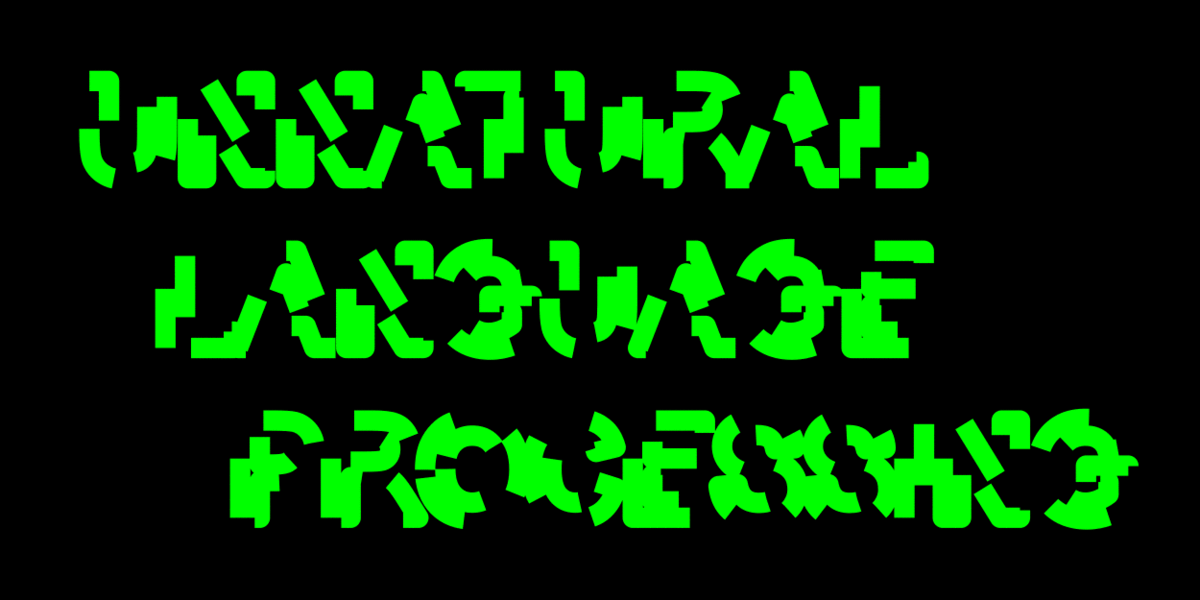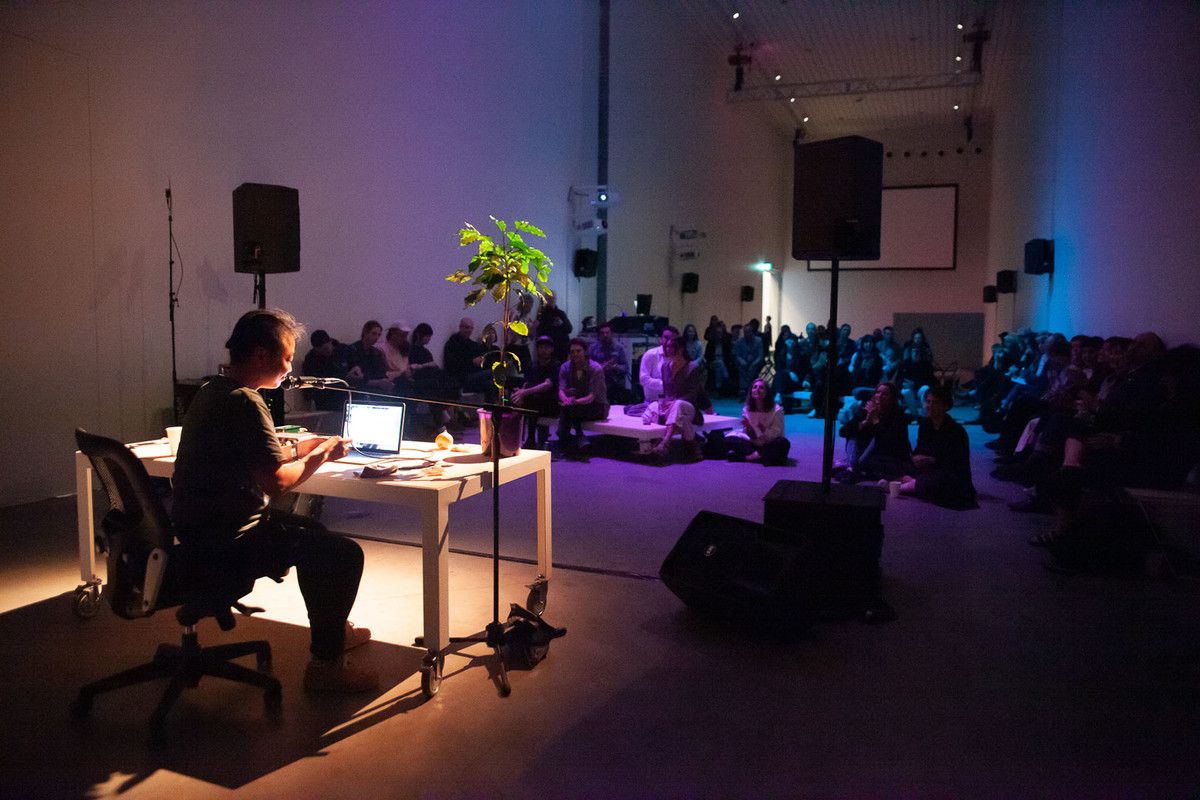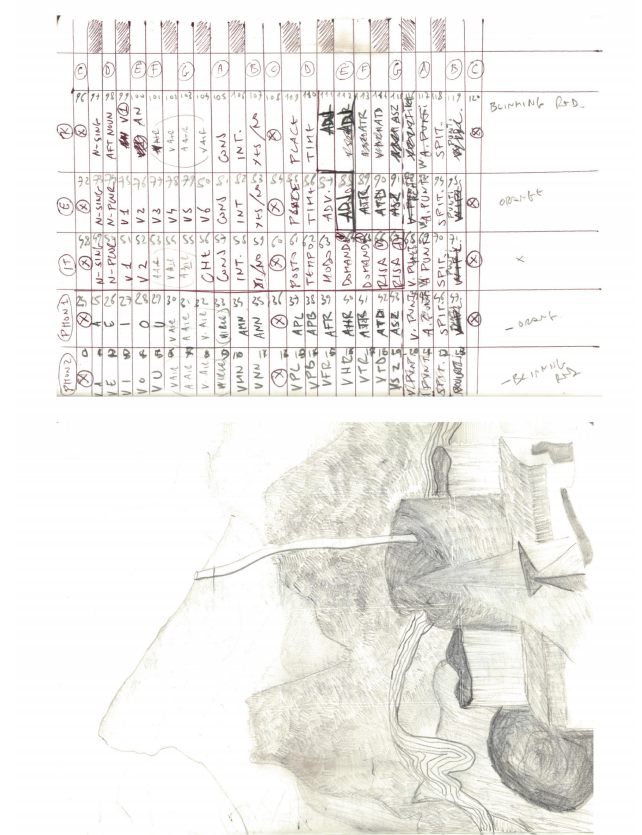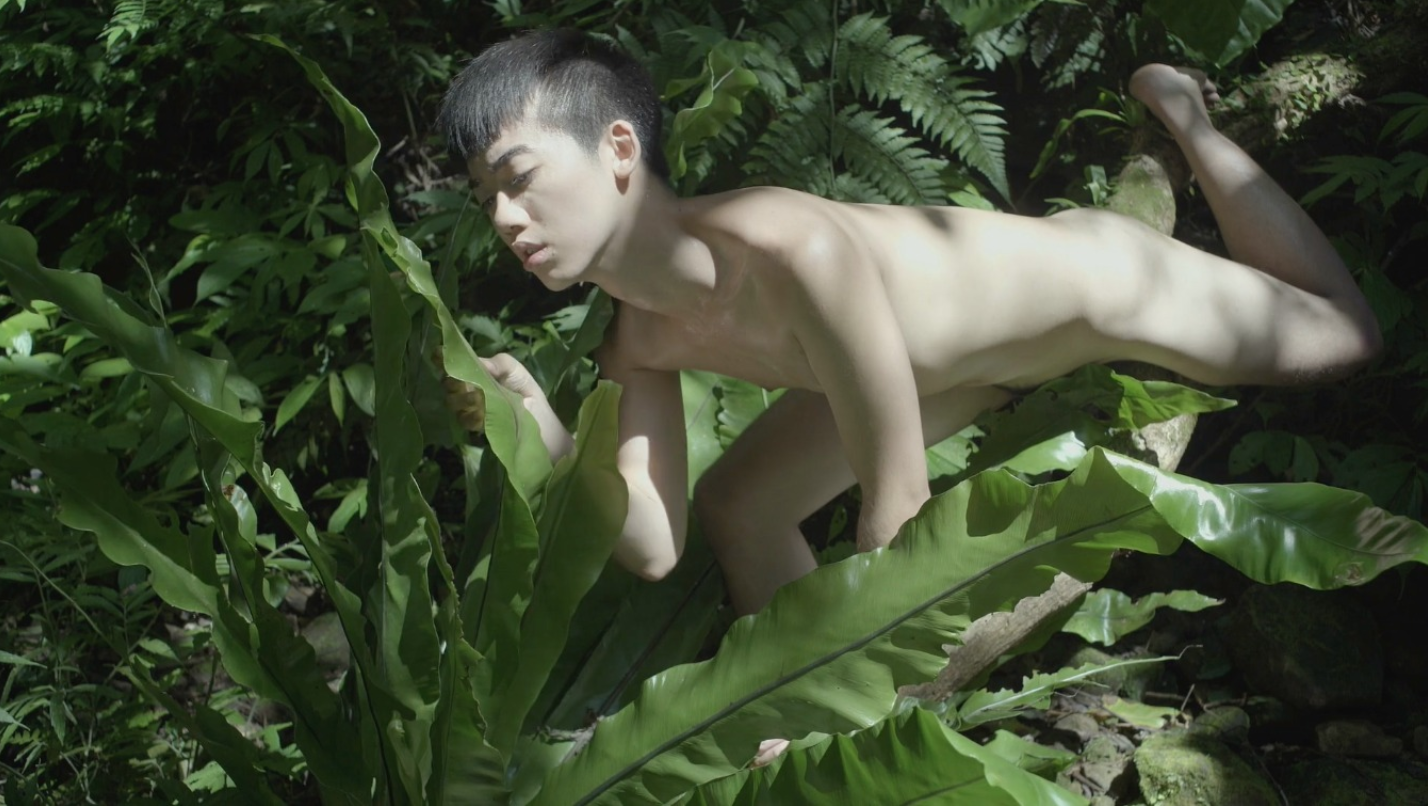Machine Listening returns to Unsound in 2021, having launched last year, with the next episode in the curriculum. Unnatural Language Processing explores the history, politics and artistic potential of automatic speech recognition.
Along with talks, conversations and newly commissioned audio experiments, the session launches an 'instrument', built in collaboration with Reduct, for the filtering, processing and manipulation of speech and text, which the public will be invited to play.
Appearing at the live session are Alessandro Bosetti, Martina Raponi, Sue Tompkins, Roslyn Orlando, Justin Clemens, and Mehak Sawney, with additional contributions by Robert Ochshorn, Jenny Walshe, Tomomi Adachi, Johannes Kriedler, Michael McClelland and more.
Our devices are listening to us. Previous generations of audio-technology transmitted, recorded or manipulated sound. Today our digital voice assistants, smart speakers and a growing range of related technologies are now able to analyse and respond to it as well. Scientists and engineers increasingly refer to this as ‘machine listening’, though the first widespread use of the term was in computer music. Machine listening is much more than just a new scientific discipline or vein of technical innovation however. It is also an emergent field of knowledge-power, of data extraction and colonialism, capital accumulation, automation and the management of desire. It demands critical and artistic attention.
WHY A CURRICULUM?
Machine Listening, a curriculum is an evolving resource, comprising existing and newly commissioned writing, interviews, music and artworks. As the project grows, the curriculum will too. The curriculum can be accessed here.
Amidst oppressive and extractive forms of state and corporate listening, practices of collaborative study, experimentation and resistance will, we hope, enable us to develop strategies for recalibrating our relationships to machine listening, whether through technological interventions, alternative infrastructures, new behaviors, or political demands. With so many cultural producers – whose work and research is crucial for this kind of project – thrown into deeper precarity and an uncertain future by the unfolding pandemic, we also hope that this curriculum will operate as a quasi-institution: a site of collective learning about and mobilisation against the coming world of listening machines.
A curriculum is also a technology, a tool for supporting and activating learning. This one is open source. It has been built on a platform developed by Pirate Care for their own experiments in open pedagogy. We encourage everyone to freely use it to learn and organise processes of learning and to freely adapt, rewrite and expand it to reflect their own experience and serve their own pedagogies.



